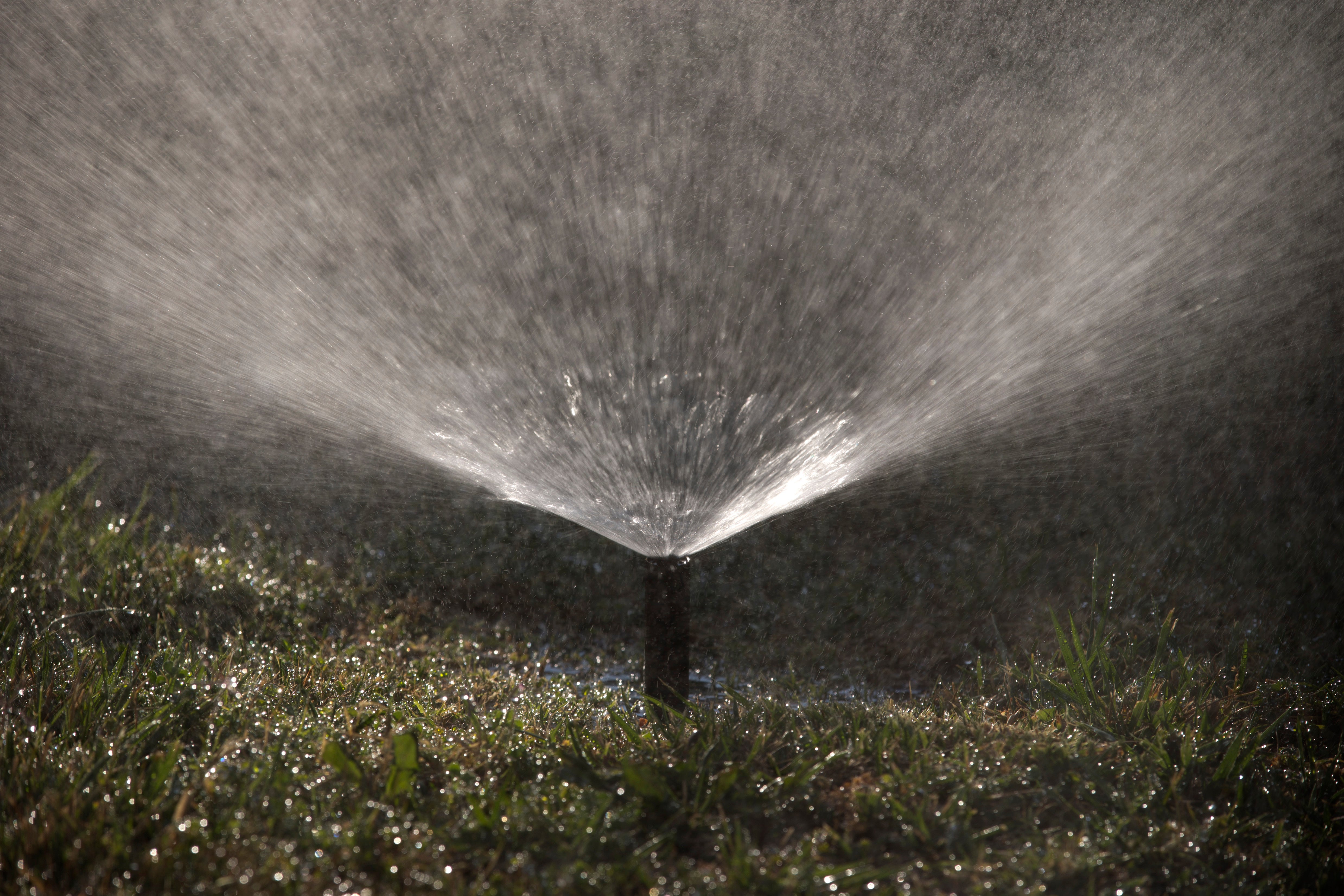Nation's largest water supplier declares drought emergency
The nation's largest water supplier has declared a drought emergency for all of Southern California

The nation's largest water supplier has declared a drought emergency for all of Southern California, clearing the way for potential mandatory water restrictions early next year that could impact 19 million people.
The Metropolitan Water District of Southern California provides water to 26 different agencies that supply major population centers like Los Angeles and San Diego counties.
It doesn't rain much in Southern California, so the district imports about half of its water from the Colorado River and the northern Sierra Nevada via the State Water Project — a complex system of dams, canals and reservoirs that provides drinking water for much of the state.
It's been so dry the past three years that those water deliveries have hit record lows. Earlier this year, the district declared a drought emergency for the agencies that mostly depend on the State Water Project, which covers about 7 million people.
On Tuesday, the board voted to extended that declaration to cover all Southern California water agencies. They called on agencies to immediately reduce how much water they import. By April, the board will decide whether to make those cuts mandatory if the drought continues.
“Some Southern Californians may have felt somewhat protected from these extreme conditions over the past few years. They shouldn't anymore. We are all affected,” said Gloria D. Gray, chair of the Metropolitan Water District's Board.
State officials recently announced that water agencies like Metropolitan will only get 5% of their requested supplies for the start of 2023 due to lower reservoir levels. Some agencies may get a little bit more if its necessary for drinking, sanitation or other health and safety concerns.
The drought declaration comes as Colorado River water managers are meeting in Las Vegas to discuss growing concerns about the river's future after more than two decades of drought. Scientists say climate change has contributed to sustained warmer and drier weather in the West, threatening water supplies. The river's two largest reservoirs — Lake Mead on the Nevada-Arizona state line and Lake Powell on the Arizona-Utah border — are each about one-quarter full.
In California, despite a recent run of storms that have dumped heavy rain and snow in the Sierra Nevada and Central Valley, reservoirs are all well below average for this time of year.
“I think Metropolitan is being very proactive in doing this,” said Dave Eggerton, executive director of the Association of California Water Agencies. “It's really the right thing to do.”
Up to 75% of all water used in Southern California is for irrigating yards and gardens. Water agencies dependent upon imported water from the state have had restrictions for much of the year, including limiting outdoor watering to just one day per week.
Last year, California Gov. Gavin Newsom called for residents and businesses to cut their water use by 15%. But since then, residents have reduced water use by just 5.2%, according to the State Water Resources Control Board.
Meanwhile, the Metropolitan Water District is investing in what could become the world's largest water recycling system. Known as Pure Water, the initiative would recycle wastewater instead of sending it out into the ocean.
Bookmark popover
Removed from bookmarks